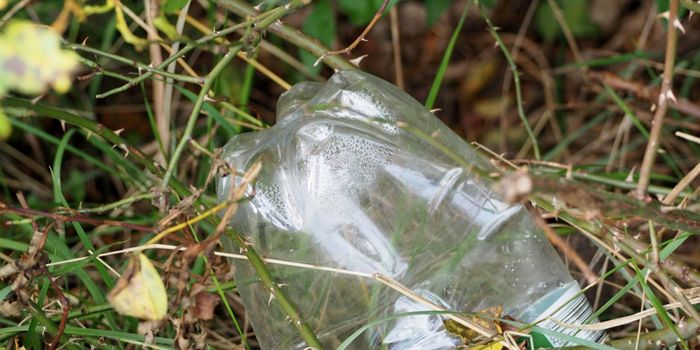Air pollution may lead to kidney disease
Researchers from the Washington University School of Medicine in St. Louis and the Veterans Affairs (VA) St. Louis Health Care System have some bad news for our kidneys: air pollution is linked to kidney disease.
Scientists have long known that air pollution can cause heart disease, stroke, cancer, asthma and chronic obstructive pulmonary disease. The new study, published in the Journal of the American Society of Nephrology, reports findings that air pollution can also increase the risk of chronic kidney disease may lead to kidney failure.
The team analyzed data from national Veterans’ Affairs databases and the EPA in order to see the overlaps between kidney function and air-quality levels. Since 2004, they have analyzed almost 2.5 million people in an 8-and-a-half-year span.
“Data on the relationship between air pollution and kidney disease in humans has been scarce,” said Ziyad Al-Aly, MD, the study’s senior author. “However, once we analyzed the data, the link between air pollution and the development of kidney disease was clear.”
Fine particles in the air can pose the same dangerous threat on kidneys that it can on other organs. Because the kidneys filter the blood, toxic particles can affect kidney function. According to the study, even low levels of pollution can harm the kidneys; and no surprise here that as pollution increases, so does the threat.
“The higher the levels of air pollution, the worse it is for the kidneys,” said Al-Aly. “However, no level is completely safe. Even at relatively low levels, there was a relationship between particulate matter concentrations below the EPA thresholds and kidney disease.”
This means that where you live can affect your kidney health. The study reported that large regions of Southern California, the South, Midwest and Northeast are at risk. According to a 2016 study by the American Lung Association, more than half of the U.S. population lives in areas with too-high levels of air pollution.
Sources: Washington University School of Medicine in St. Louis, ENN









